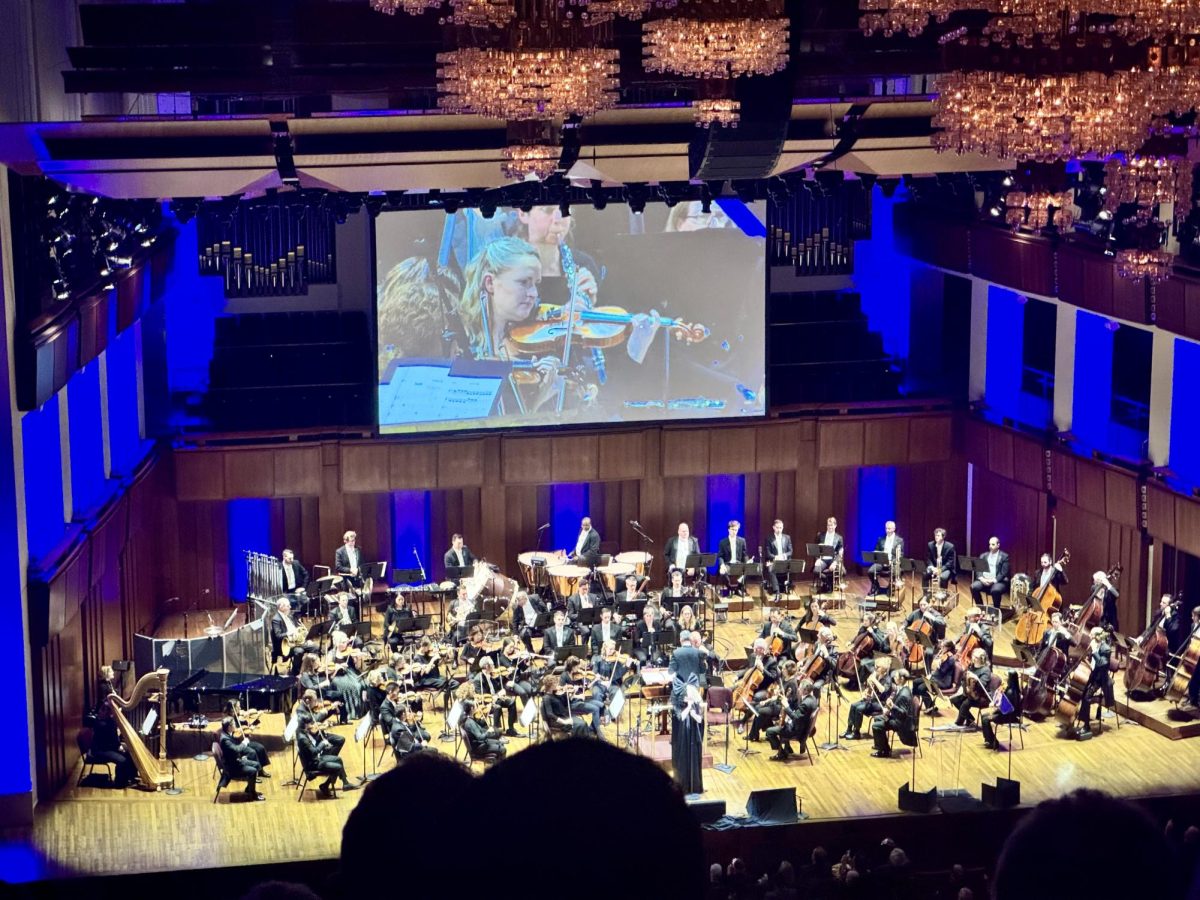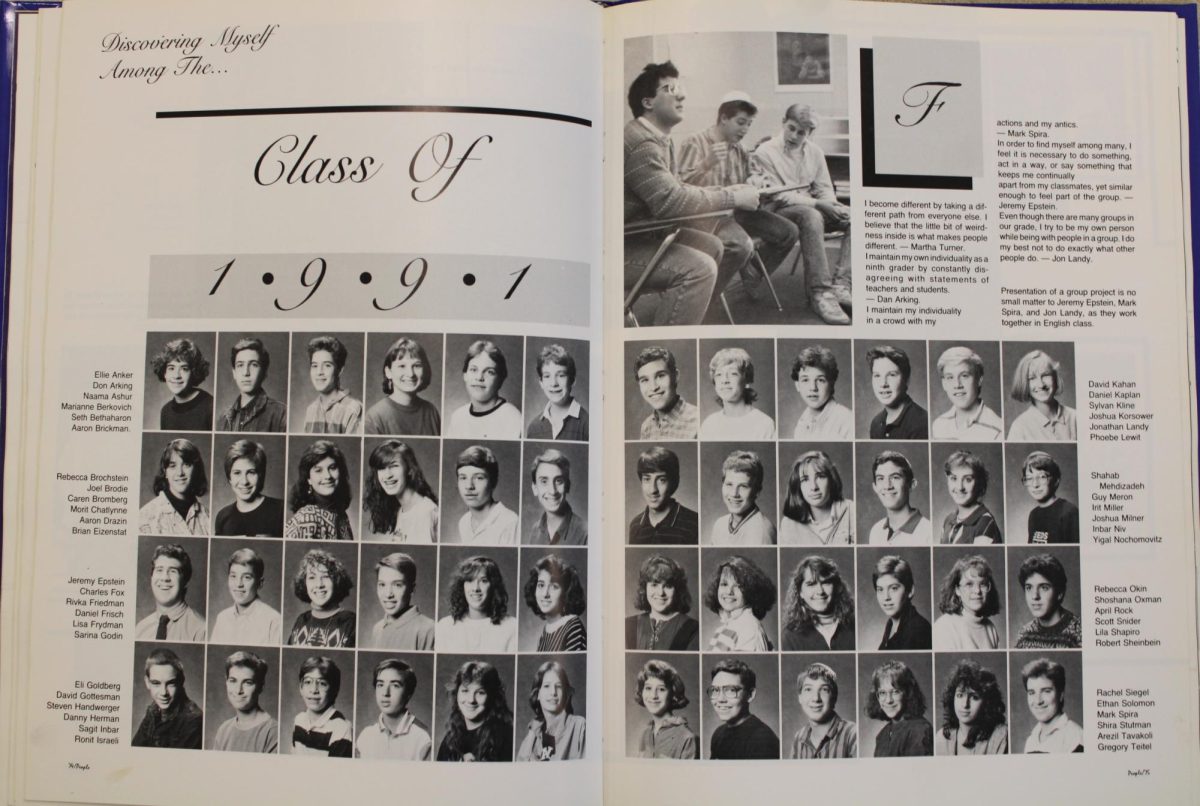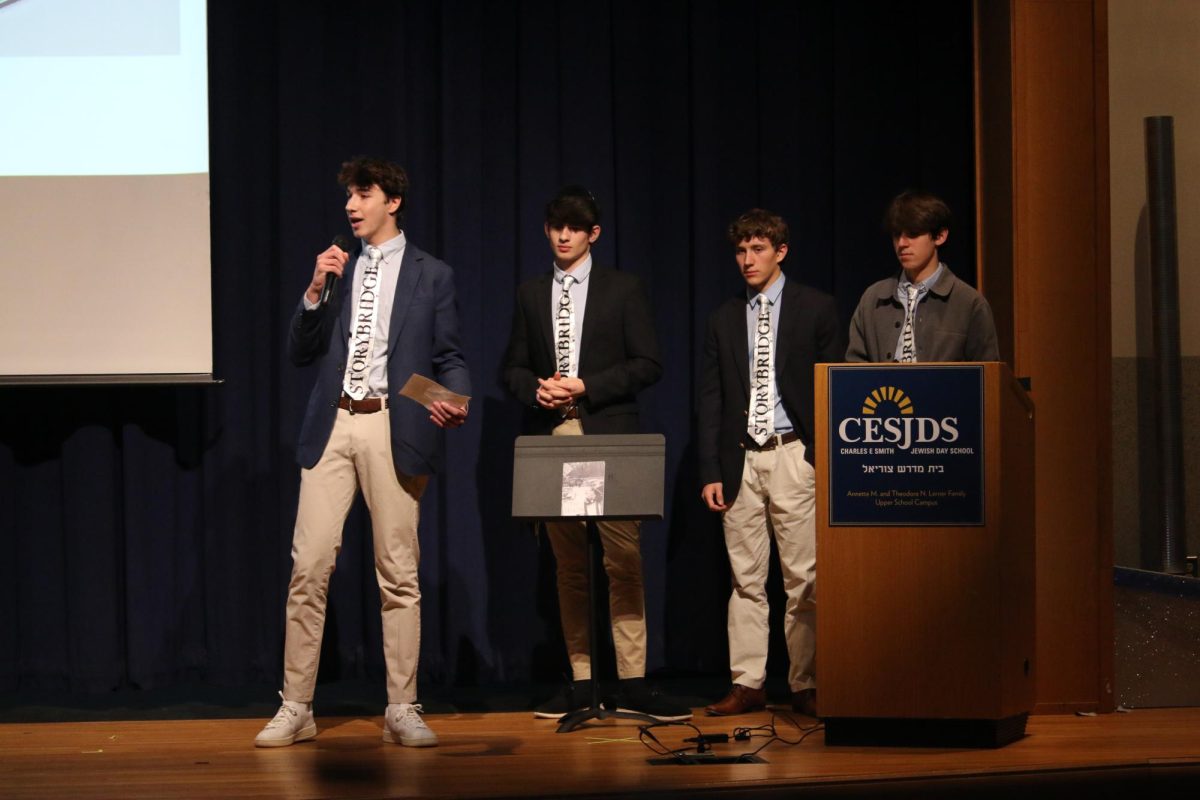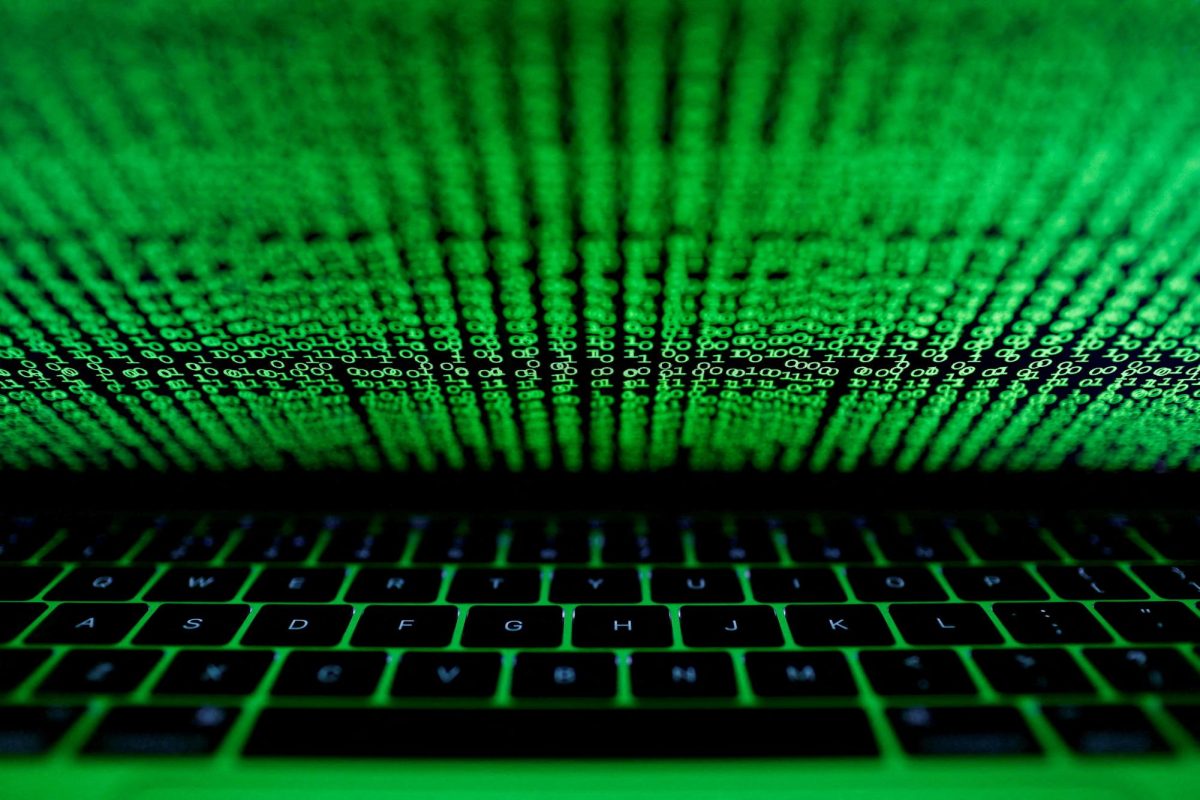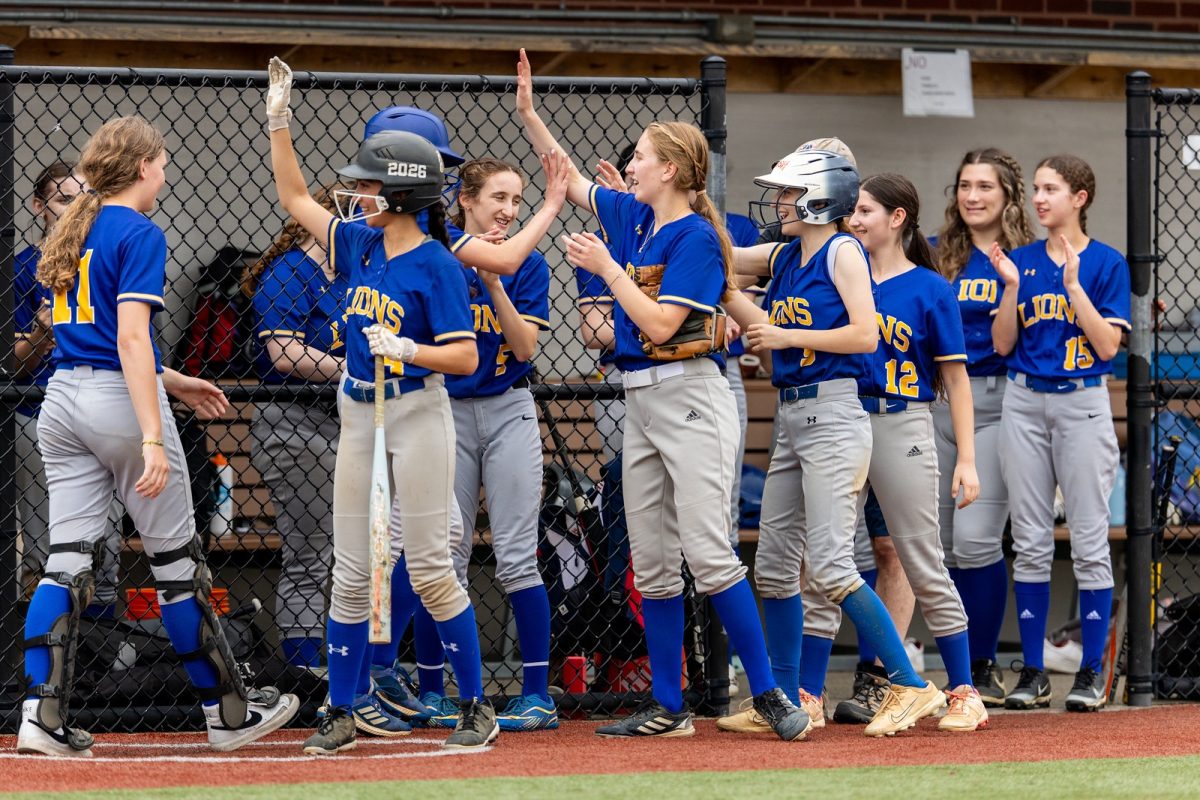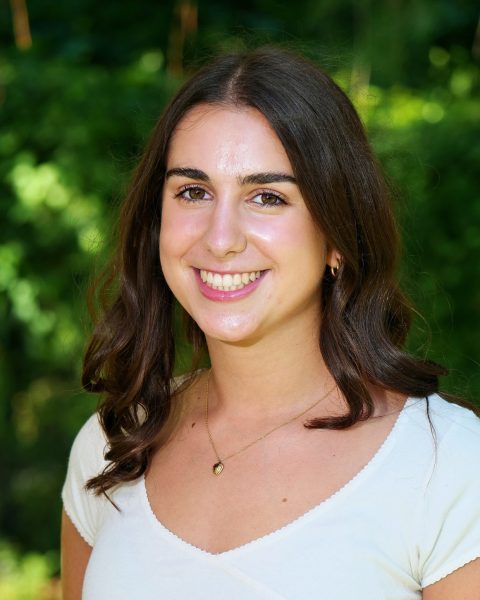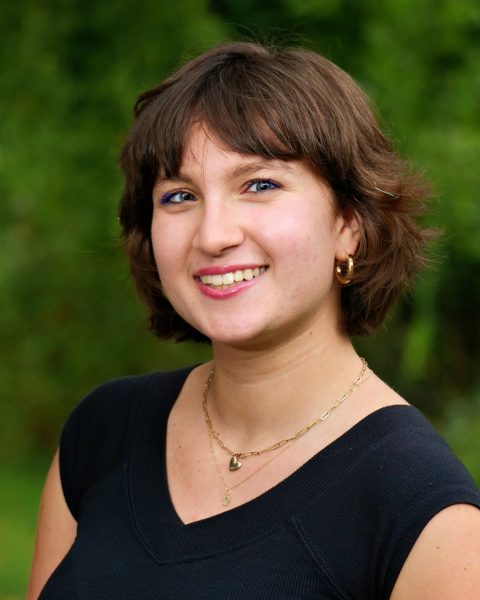The excited chatter that fills the Kennedy Center’s concert hall comes to an abrupt halt as the National Symphony Orchestra’s concertmaster Ying Fu begins performing “Tradition” from “Fiddler on the Roof” from the edge of the hall’s balcony. After Fu’s solo, the National Symphony Orchestra joins Fu to finish the rest of the song, officially kicking off the Anti-Defamation League’s (ADL) 30th annual Concert Against Hate on Nov. 18.
ADL’s first In Concert Against Hate took place in 1995 to commemorate the Holocaust’s fiftieth anniversary. Since then, its mission has remained the same: to highlight the light among the darkness of the world and spotlight those who spark it.
After the National Symphony Orchestra, conducted by Emil de Cou, concluded its performance, emcee Ben Stiller came onto the stage and gave his opening monologue, which was full of Jewish humor and self-deprecating jokes. Stiller, who is also a UN Goodwill Ambassador, affirmed his stance against hatred and discrimination of any sort and expressed his appreciation for the work the ADL has done since Oct. 7 to combat the global rise in antisemitism.
Interspersed throughout the many musical performances, three people received the Kay Family Award, which is given to individuals who have stood up against “hate, injustice, and bias” through advocacy. The three recipients were Dr. Menhaz Afridi, a Religious Studies professor at Manhattan College, Dr. Charles L. Chavis Jr., a professor at George Mason University and Rosette Goldstein, a Holocaust survivor.
“I [appreciated] that they didn’t just honor Jews,” senior Hannah Kaffee said. “They honored a lot of other people that stood up against hate, which was really empowering.”
By the end of the night, two more awards had been given out: the 2024 Levenson Family Defender of Democracy Award and the ADL Spotlight Award. The Defender of Democracy Award was given to three young adults who have all been vocal on their respective college campuses and worked with the government to battle antisemitism and anti-Israel sentiment on university campuses.
The three honorees were Einav Tsach, a junior at the University of Maryland, Noa Fay, a recent graduate of Columbia University and Luda Isakharov, a former student at The University of Oregon.
To introduce the final award, Nova Music Festival massacre survivor Ofir Amir told the audience how the honoree, Jewish record executive and talent manager Scooter Braun, had worked to educate the public on the massacre, keep the memories of those who perished alive and forge connections with survivors like Amir. In the past year, Braun created two Nova Festival memorial exhibits in New York and Los Angeles, with another one opening soon in Miami.
The night also consisted of many musical performances, including a song written with lyrics from an excerpt of Anne Frank’s diary. The song was performed by two soloists, Chelsea Friedlander and Ian McEuen, who were accompanied by the National Symphony Orchestra.
The National Symphony Orchestra continued to accompany the two headliners, Eden Golan and Sia. Golan performed “October Rain,” the original, unfiltered version of the song she wrote for the 2024 Eurovision competition. Sia, who had visited Braun’s Nova exhibit in Los Angeles and met with survivors of the festival, sang her song, “Titanium.” “Tradition” was once again played, and the concert came to an end.
“I feel like lately there’s been a lot of darkness in the world so it was really important to highlight the love and show support to one another,” Kaffee said.


